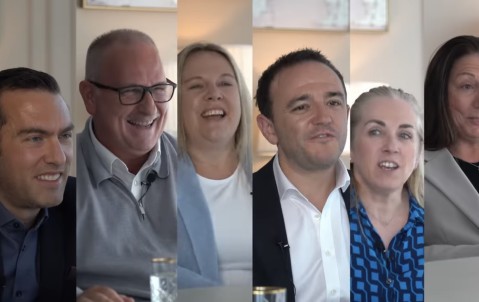The global debate on climate change is heating up again and government proposals aimed at mitigating the effects of climate change will keep this issue at the forefront for years to come. Although many politicians and commentators continue to express skepticism as to the “reality” of this phenomenon, until they put their money where their mouth it is little more than hot air. The insurance industry has long since moved past academic debates to developing solutions to combat the problem. Earlier this year, 66 Chief Executives of global insurers covering companies and individuals in 140 countries, including Hiscox, confirmed their commitment to The Geneva Association’s Climate Risk Statement. The Geneva Association’s guiding principles will help protect the world’s population from more frequent and destructive climate-related disasters, and help insurance companies continue to provide insurance protection to quickly rebuild communities after natural catastrophe events.
Insurers place their chips on the table every day with commitments to pay out large sums, and now some are starting to insist that their customers do the same Farmer’s Insurance recently filed a lawsuit again almost 200 communities in the Chicago metro area for recognizing that higher temperatures and persistent heavy rains were causing increased flooding, but that those communities were not doing enough to lessen the impacts. The outcome of this case could have major implications for the role of governments in protecting their citizens against the impacts of climate change. The key to the debate is whether climate change is a foreseeable occurrence, or the catchall “act of God”. The insurance industry has already made their stance on this clear by committing to the Geneva Association’s Climate Risk Assessment.
Litigation may set a legal precedent on the responsibilities of individual communities, but it’s not the real collaborative solution to the problem that society needs. The insurance industry and local governments need to work together to develop the risk mitigation measures – restrictions on building in flood zones, strategic seawalls in highly populated areas, stricter building codes in vulnerable areas and more – that will protect populations and keep insurance rates affordable. We’re in a new and changing environment now where there is a cost of doing nothing...and it’s not one society should have to pay.
Hunter Hoffmann is Head of US Communications at Hiscox.




